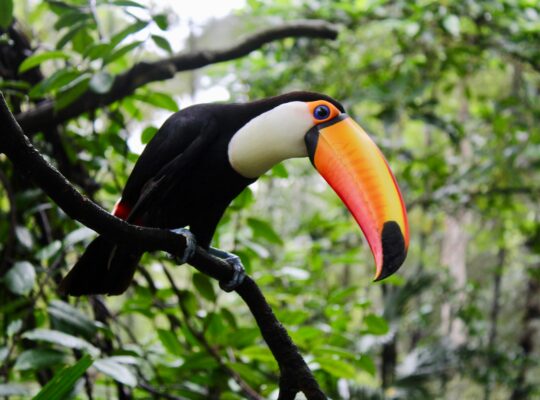Many of us think of the Amazon as an untouched wilderness, but people have been thriving in these diverse environments for millennia. Due to this long history, the knowledge that Indigenous and forest communities pass between generations about plants, animals and forest ecology is incredibly rich and detailed and easily dwarfs that of any expert. For one thing, Indigenous people see animals and humans as integral to nature. This holistic view is often missing in contemporary, science-based forest governance and conservation strategies, which tend to focus solely on forest cover. In my Silent Forest project I’m investigating how Indigenous communities in Colombia apply traditional ecological knowledge in wildlife management. Based on my research so far, I would like to argue that subsistence hunting, and the traditional ecological knowledge that guides and regulates it, must be recognized as a key forest-management strategy. Obviously hunting of wild animals is unpopular among conservationists, and meaningless poaching for exotic pets and animal parts can never be justified. However, in many areas around the world, Indigenous and forest communities have hunted, and continue to hunt, for subsistence. For them hunting is not a sport or a recreational activity. It’s a food source and a […]
Click here to view original web page at Why Indigenous Hunting Is Essential to Forest Sustainability









